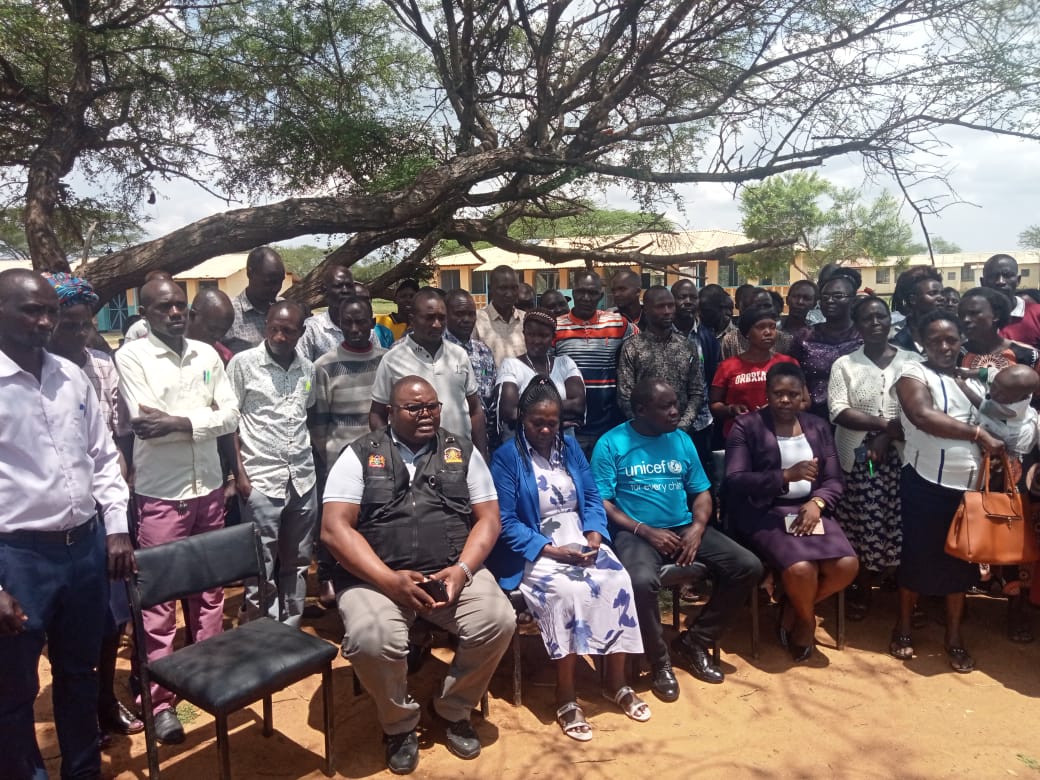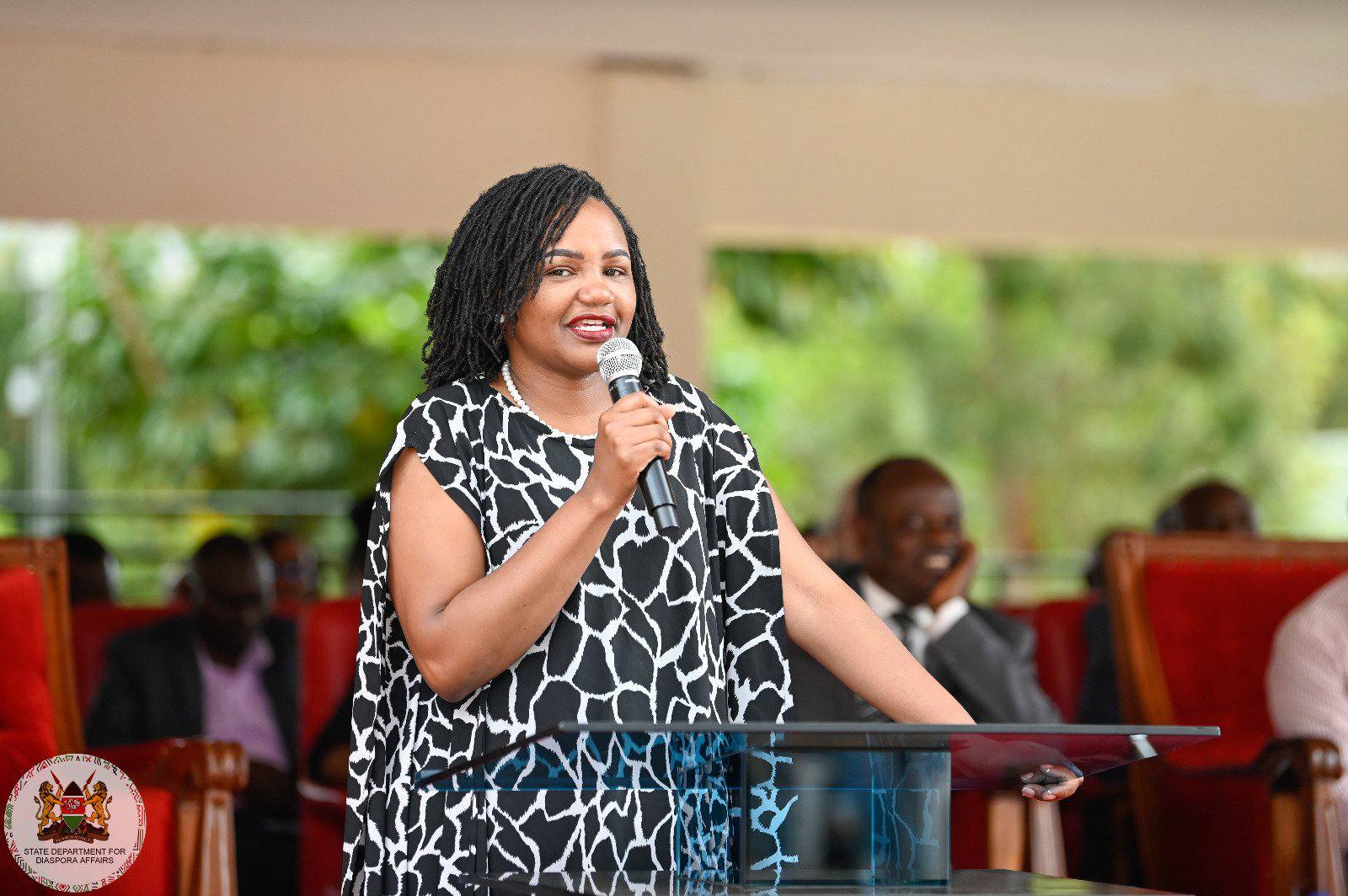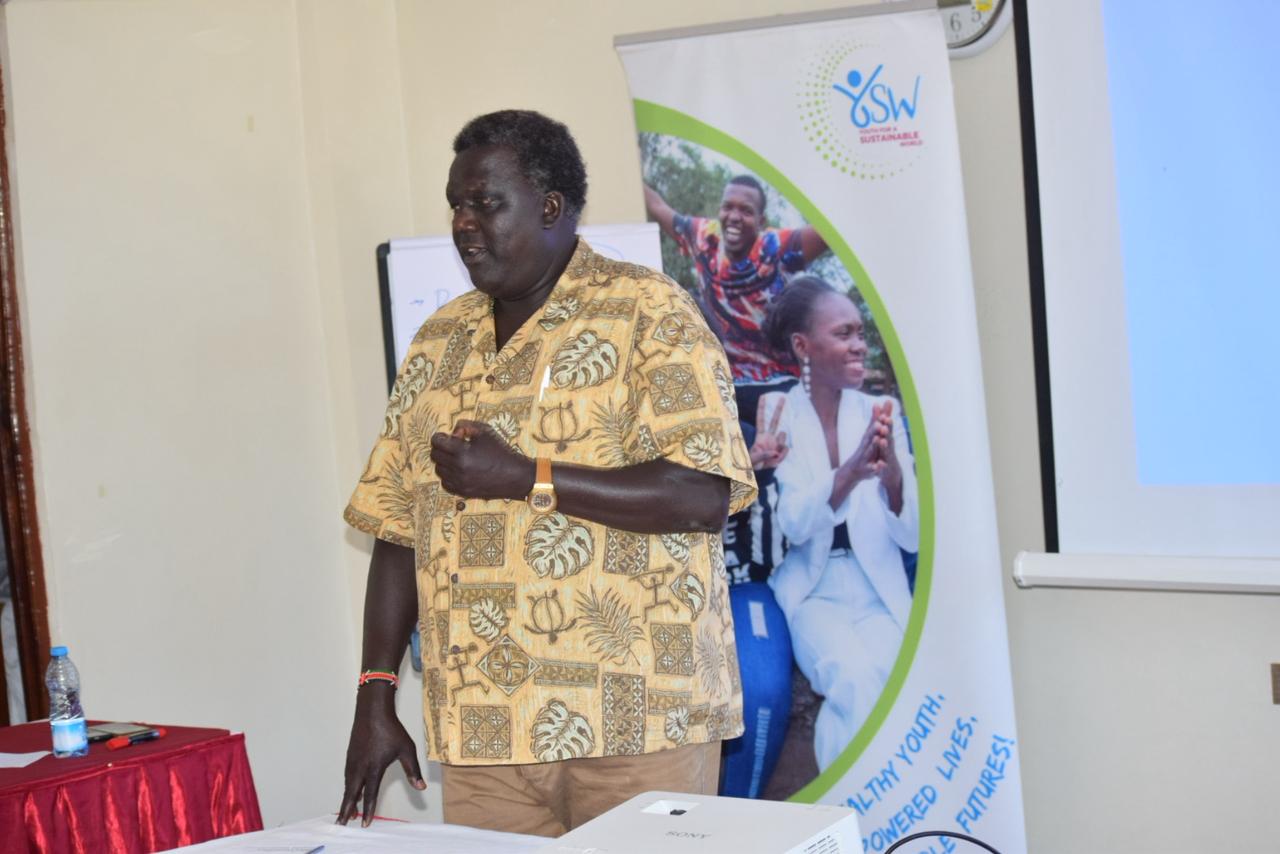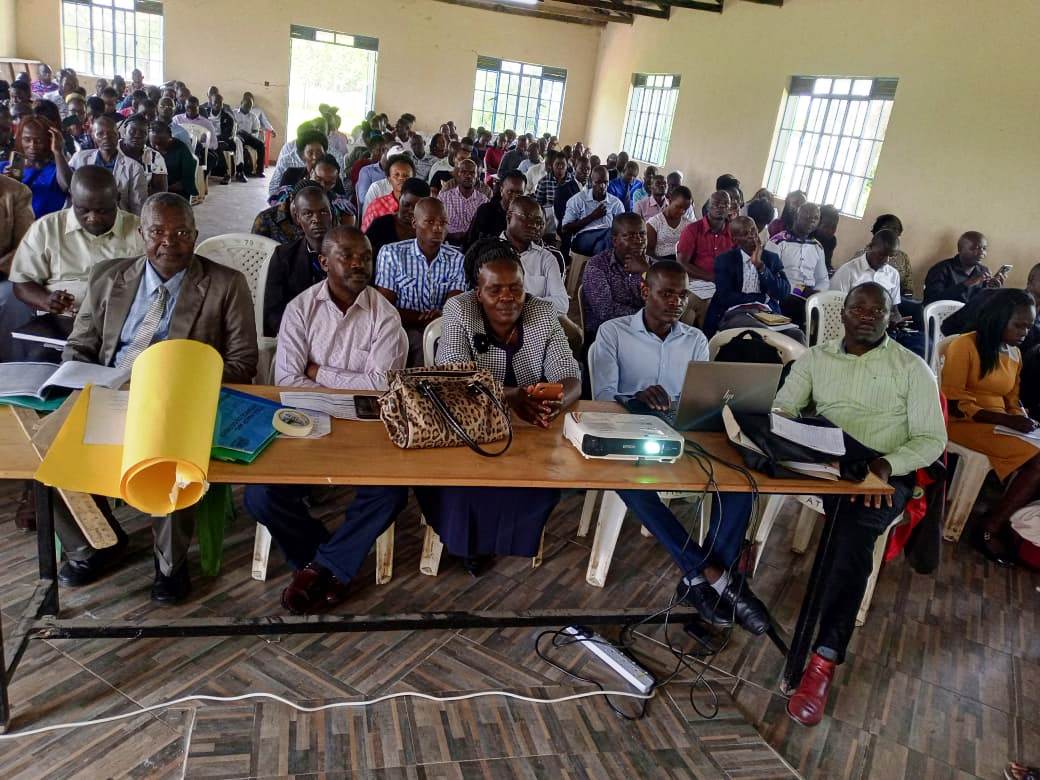Early Childhood Development Education, (ECDE) teachers in West Pokot were yesterday trained on how to boost learners’ literacy level during UNICEF-sponsored training program designed to transform how children are introduced to literacy.
The workshops which drawn teachers from across the county, emphasised the essence of exposing learners to early literacy that builds their confidence, strengthens their curiosity, and lays the foundation for lifelong learning.
Trainers further emphasized that literacy is not just about recognizing letters and words but rather about nurturing children’s ability to communicate, to explore the world around them, and to feel comfortable expressing themselves in class.
Among the facilitators is West Pokot Sub-County ECDE Director, Hellen Kamama, who stressed the importance of moving away from rote memorization and adopting child-friendly approaches such as storytelling, play, and song. These methods, she explained, help children grasp language naturally and joyfully, making classrooms lively spaces of discovery rather than intimidating places of silence.
Busia trains education committees on bursary, scholarship funds integrity
The West Pokot County Executive Committee (CEC) Member for Education, Rebecca Kide, in attendant underscored that strengthening early literacy is one of the county’s top education priorities. She noted that while the county has invested in expanding ECDE centers and training teachers, partnerships with organizations such as UNICEF provide the much-needed technical and resource boost to close existing gaps.
But the push for early literacy comes against the backdrop of many challenges. Poverty, long distances to school, and the lack of adequate teaching materials remain everyday obstacles for both teachers and learners. In remote villages, classrooms are still sparsely equipped, and many children struggle to enroll without basic documents such as birth certificates. Malnutrition and cultural attitudes that undervalue early education also weigh heavily on the efforts to strengthen ECDE in the county.
Nationally, Kenya’s Competency-Based Curriculum places ECDE at the heart of the learning journey, underscoring the role of literacy and numeracy in the first years of school. Yet in regions such as West Pokot, implementation has been uneven, often hindered by structural inequalities and limited resources. UNICEF’s involvement is therefore critical, helping to bridge these gaps and ensure that teachers in disadvantaged areas are equipped with modern tools to give learners a stronger start.
ALSO READ:
New Dual TVET model hailed for marrying theory and practice to produce job-ready graduates
For the teachers, the workshops are more than just a professional development exercise. They are spaces to share experiences, learn from each other, and reimagine their classrooms as environments where children are not only taught but inspired. When they return to their schools, they carry with them techniques designed to make lessons interactive and literacy-rich, from picture-based learning to guided storytelling sessions.
Stakeholders believe these investments will yield long-term benefits. Strong early literacy has been shown to reduce dropout rates, improve performance in national assessments, and build the confidence needed for learners to succeed in higher levels of education. In a county where structural barriers often dim children’s opportunities, the ability to read, write, and tell their own stories may well be the most powerful gift the education system can provide.
In West Pokot, the hope is that these small but deliberate steps in early literacy will ripple outward — shaping not just classrooms, but entire communities, and giving children the courage to dream bigger than the challenges that surround them.
By Hillary Muhalya
You can also follow our social media pages on Twitter: Education News KE and Facebook: Education News Newspaper for timely updates.
>>> Click here to stay up-to-date with trending regional stories
>>> Click here to read more informed opinions on the country’s education landscape






